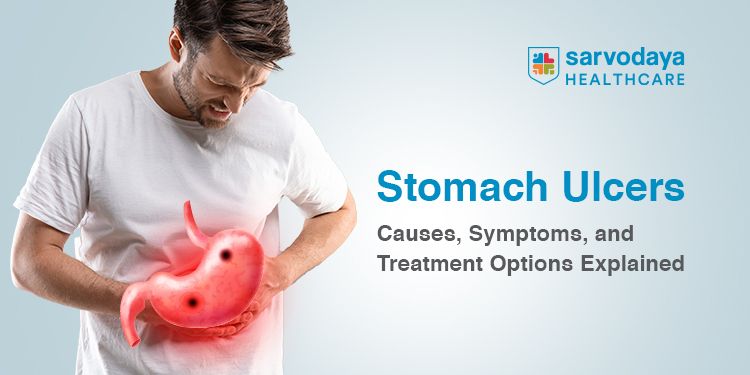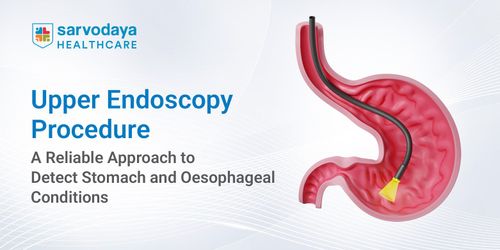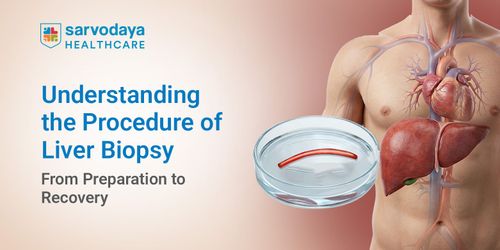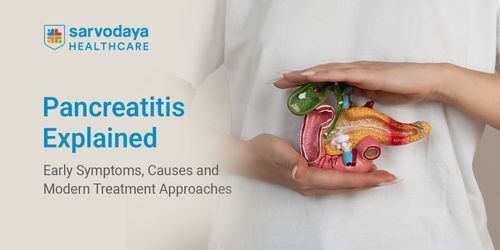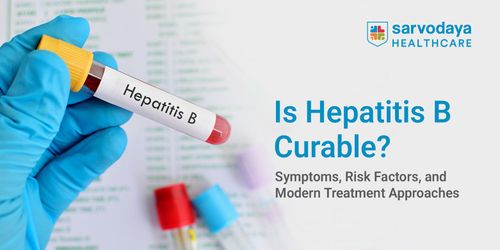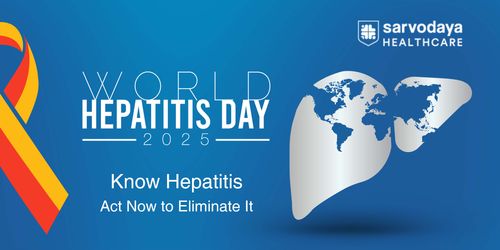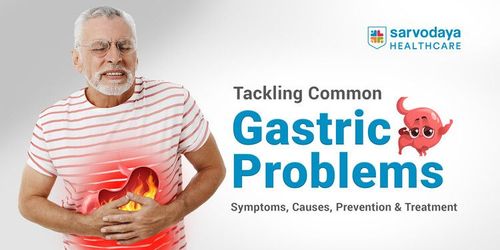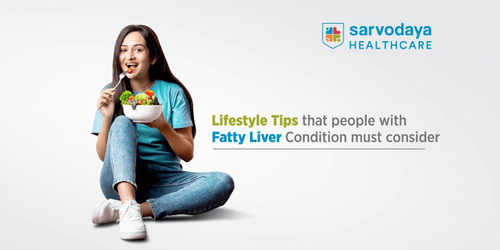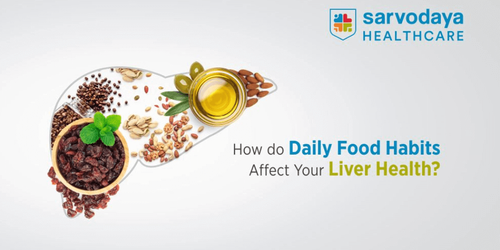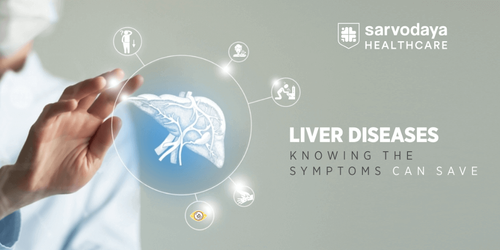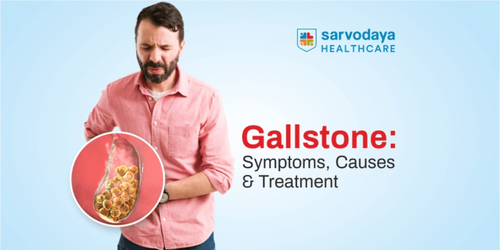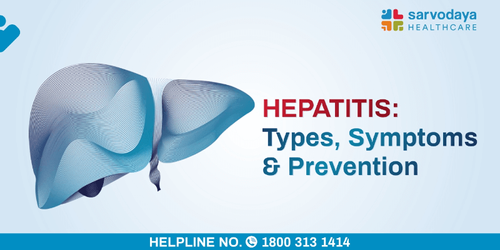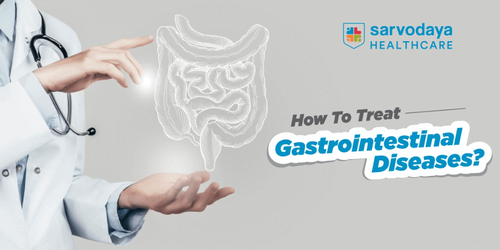Stomach ulcers refer to the open sores formed in the inner lining of the stomach or small intestine. These are treatable, but neglecting them may lead to even more severe issues. Thankfully, with early diagnosis and the right care, most ulcers can be healed effectively.
Whether you’re worried about symptoms or exploring the ulcer treatment cost in Noida, this guide will help you understand what’s happening inside your body and what steps to take next.
What Are Stomach Ulcers?
Stomach ulcers, also referred to as gastric ulcers, are a type of peptic ulcer disease. They are caused by the wearing away of the thick layer of mucus protecting the stomach from digestive juices, which allows the acid to damage the stomach lining.This breakdown can lead to painful sores that may bleed or cause severe discomfort if left untreated. Stomach ulcers are not always obvious at first, which makes early detection crucial.
The two common types of peptic ulcers are:
- Gastric ulcers: These occur inside the stomach.
- Duodenal ulcers: These are formed in the upper part of the small intestine.
Common Causes of Stomach Ulcers
Many people assume ulcers are caused by stress or spicy food alone, but the truth is more complex. While lifestyle does play a role, medical science has identified more direct causes of stomach ulcers.Here are the most common factors:
- Helicobacter pylori (H. pylori) infection: This bacteria weakens the stomach’s protective lining, allowing acid to create sores.
- Overuse of NSAIDs: Medications like ibuprofen and aspirin, when taken regularly, can irritate or inflame the stomach lining.
- Smoking and excessive alcohol consumption: These habits can interfere with healing and increase acid production.
- Stress and dietary habits: While not direct causes, chronic stress and irregular eating patterns may aggravate existing ulcers or slow recovery.
Recognising the Symptoms of Gastric Ulcer
Symptoms of a gastric ulcer are easily mistaken for general indigestion. However, persistent or severe signs shouldn’t be ignored. Early identification can prevent complications like bleeding or perforation.Some symptoms of gastric ulcers include:
- A burning pain in the middle or upper stomach, especially between meals or at night
- Bloating, burping, or feeling unusually full
- Nausea or occasional vomiting
- Unexplained weight loss
- Vomit or stools may include blood, appearing as black or tarry stools.
Diagnosis and When to See a Specialist
If you're experiencing ongoing digestive discomfort, don’t ignore it. Proper diagnosis is essential before beginning any stomach ulcer treatment. There are some over-the-counter remedies that offer temporary relief, but they don’t address the root cause of the issue.Common diagnostic tests include:
- Endoscopy: A thin tube with a camera on its tip is inserted down the mouth or anus of the person and is used to look inside the stomach and small intestine.
- H. pylori testing: This may involve a breath test, stool test, or biopsy to detect bacterial infection.
- Blood tests and imaging: In certain cases, additional scans or tests may be recommended.
Stomach Ulcer Treatment Options
Today, stomach ulcer treatment is more effective than ever, thanks to medical advances and a better understanding of the causes. The right treatment plan depends on the underlying trigger and the severity of the ulcer.The most common treatment approaches used are:
- Antibiotics: If H. pylori is present, antibiotics help eliminate the bacteria.
- Proton Pump Inhibitors (PPIs): These reduce stomach acid and allow the ulcer to heal.
- Antacids and H2 blockers: These offer symptom relief and reduce acid production.
- Dietary and lifestyle modifications: Avoiding spicy foods, caffeine, smoking, and alcohol is often recommended.
When Is Surgery Required?
Although most stomach ulcers can be managed with medication and lifestyle changes, some cases may need surgical intervention, especially when the ulcer leads to complications like internal bleeding, perforation, or obstruction.Signs you might need stomach ulcer surgery include:
- Severe, persistent abdominal pain
- Vomiting blood or passing black stools
- Perforated ulcers causing sudden, sharp pain
- Failure to heal even after multiple treatment rounds
It’s also important to understand the stomach ulcer surgery costs involved. The expenses may vary based on:
- Hospital location and reputation
- Complexity of the procedure
- Post-operative care and duration of stay
Why Choosing the Right Hospital and Specialist Matters
When it comes to treating something as sensitive and potentially serious as a stomach ulcer, expertise and trust are non-negotiable. The journey to recovery is smoother when you're in the hands of experienced professionals with access to advanced diagnostic tools and holistic care.Consulting the best gastroenterologist in Delhi NCR ensures:
- A thorough and accurate diagnosis
- Customised treatment to target the root cause
- Expert monitoring to prevent recurrence
- Clear guidance on dietary and lifestyle changes
Conclusion
Stomach ulcers are mildly uncomfortable when just forming, but they can turn into a serious health challenge if ignored. The good news is that with early detection and the right treatment, recovery is completely possible. Understanding the symptoms of gastric ulcer, knowing your options for stomach ulcer treatment, and staying informed about stomach ulcer surgery costs can empower you to make the right decisions for your health.Sarvodaya Hospital is known as the best gastroenterology hospital in Faridabad, Delhi NCR, offering comprehensive care under one roof. Their team of the best gastro doctors in Delhi NCR provides accurate diagnosis, compassionate care, and state-of-the-art treatment plans for all kinds of gastrointestinal issues, including ulcers. From endoscopy to surgery, everything is handled with precision and empathy. A preventive consultation here can help you detect ulcers early, manage symptoms better, and avoid long-term complications.
Don’t let discomfort become a danger—prioritise your gut health today.


